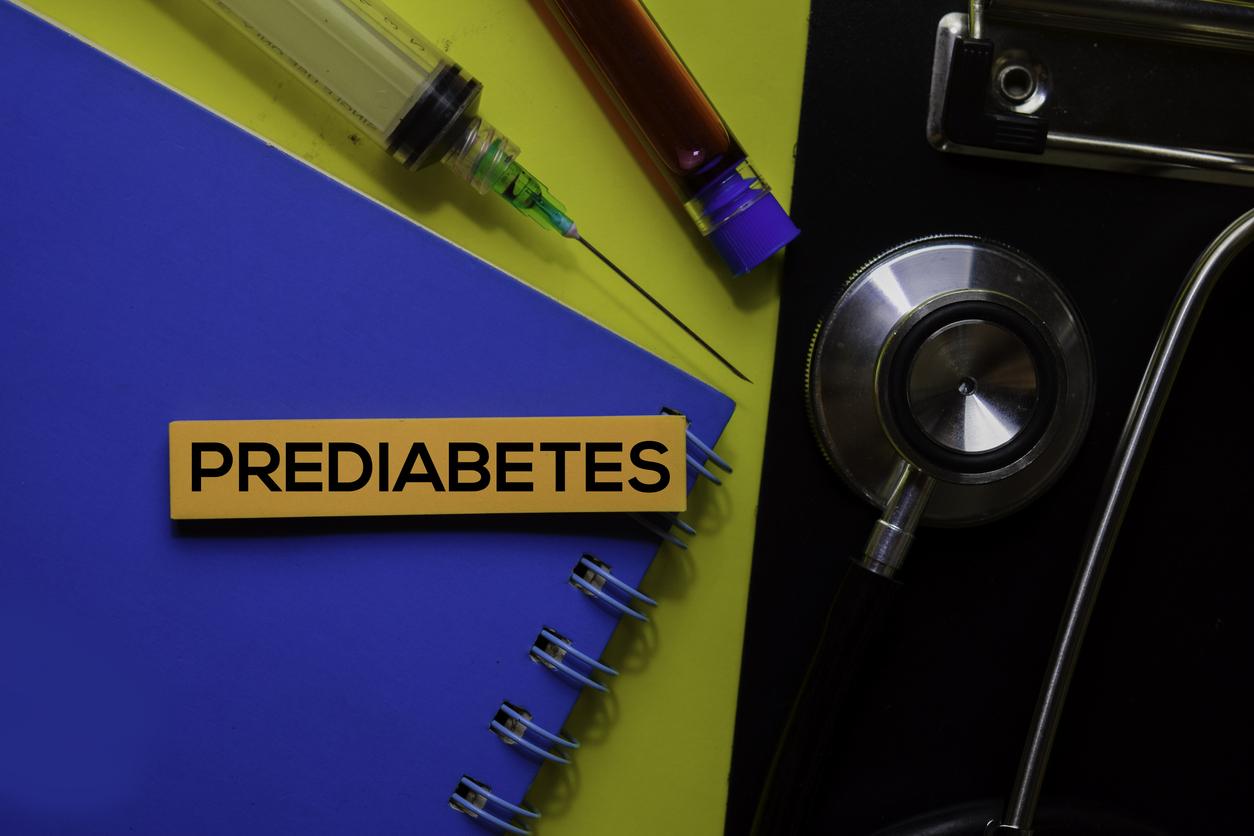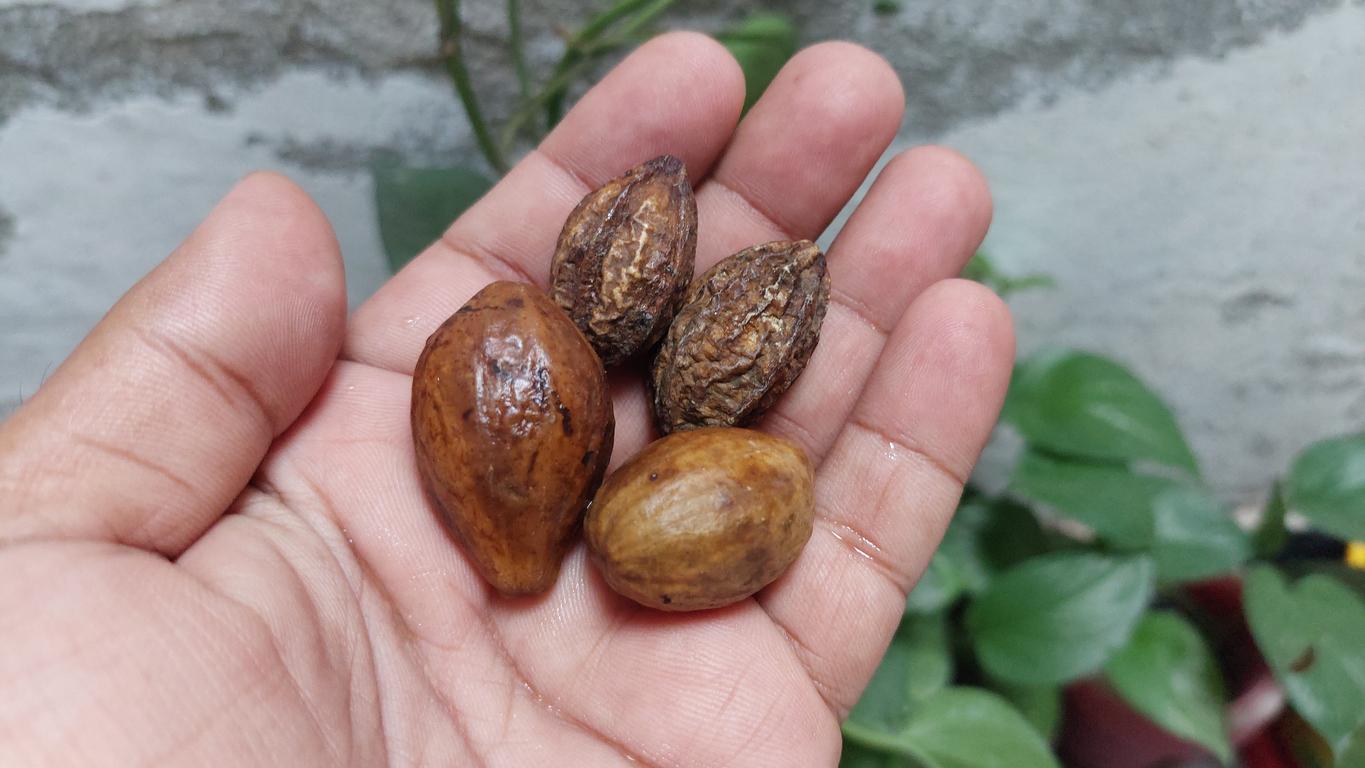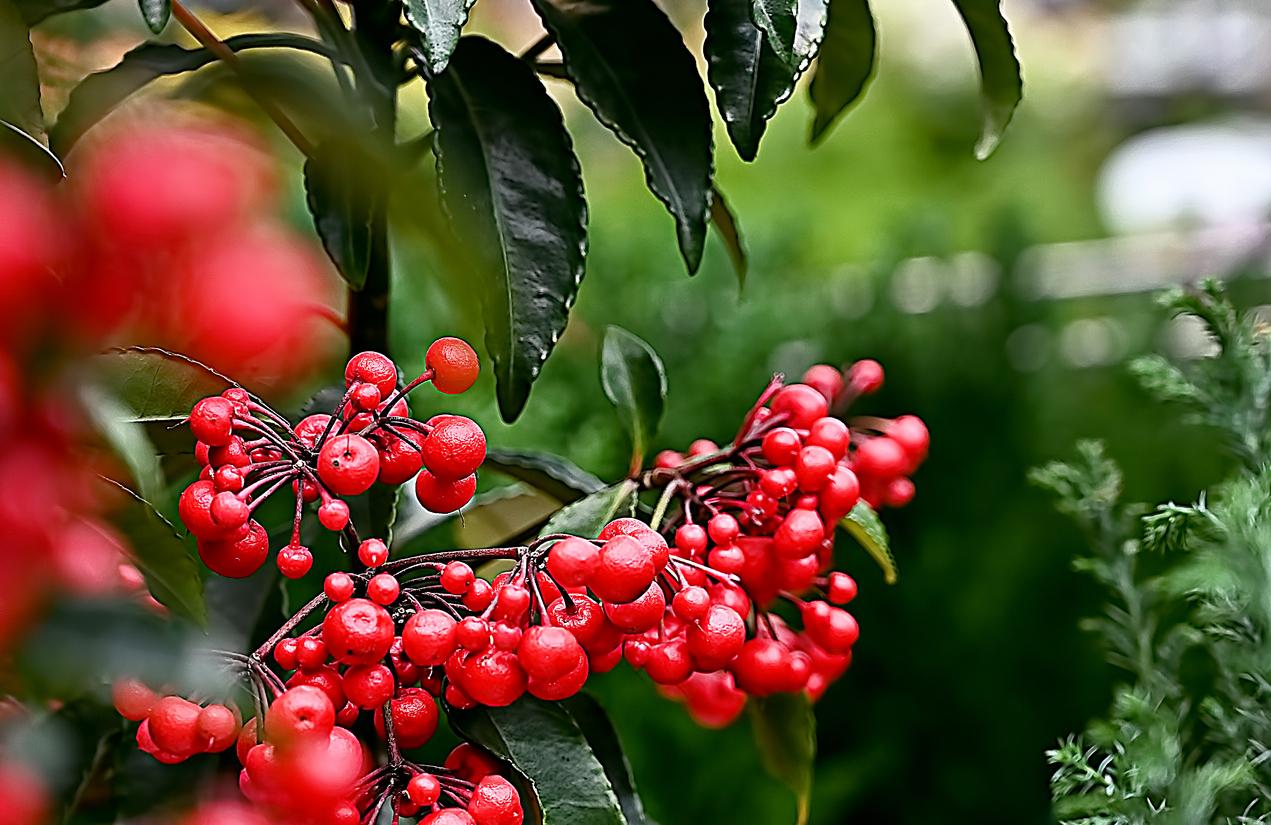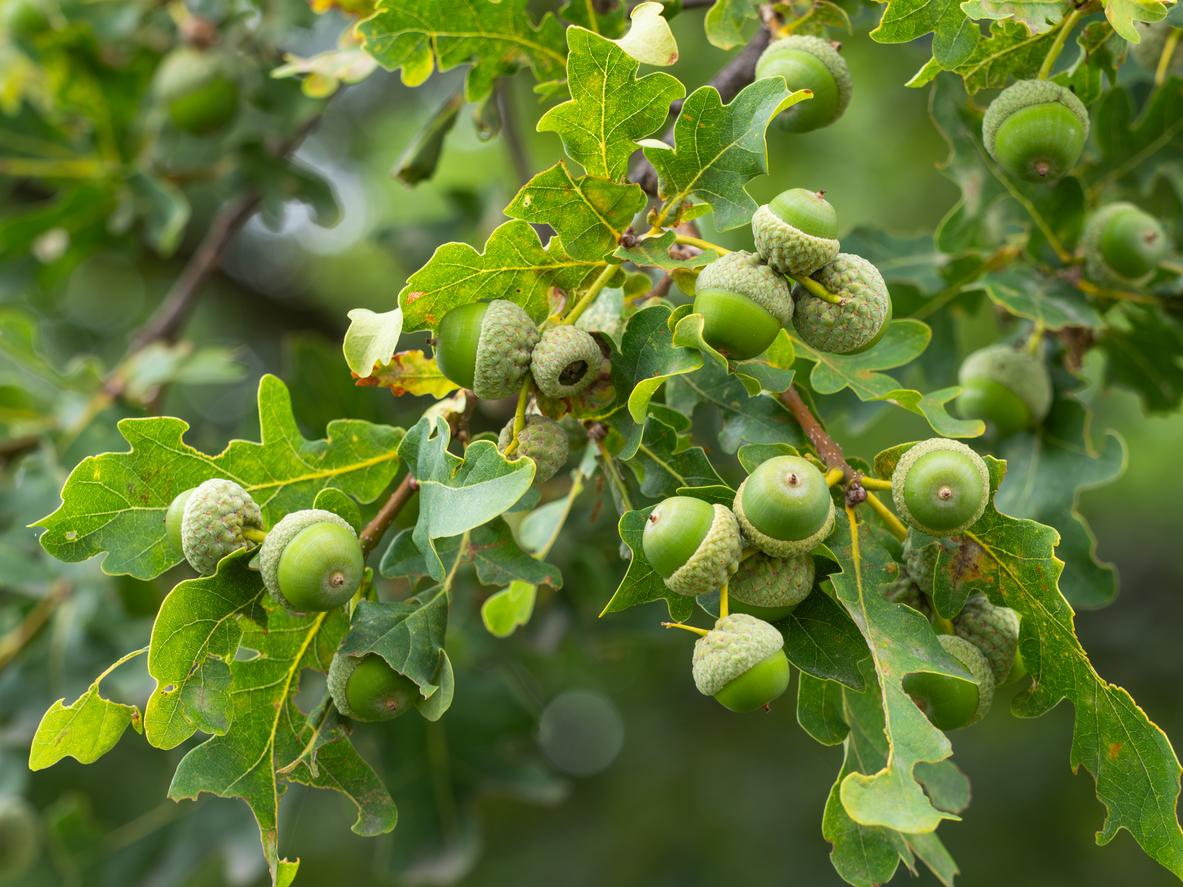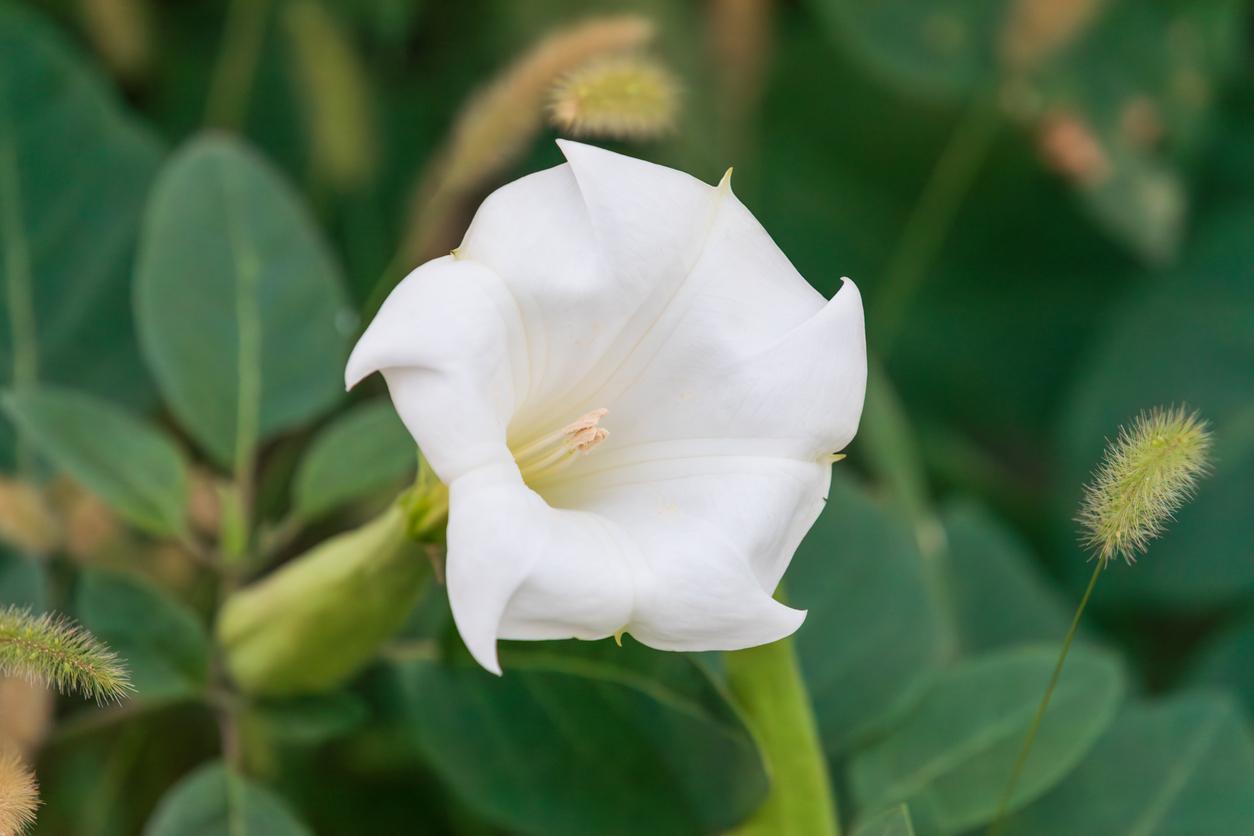Traditionally offered on May 1, thrush contains irritants and molecules that are toxic to the heart. Severe poisoning can occur.
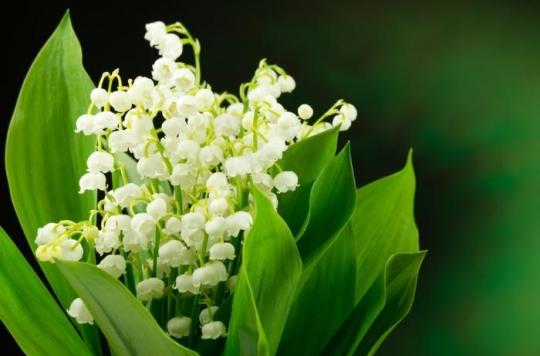
In this 1er May, impossible to escape. Lily of the valley sellers are posted on every street corner like every year. And without deviating from tradition, passers-by will buy a little sprig that will perfume the house for a few days. But make no mistake, behind these cheerful and innocent airs hides a great poison.
The white bells, stem, leaves as well as red berries appearing in autumn, everything in lily of the valley is poisonous. Even the water from the vase. This herbaceous plant contains substances that are irritating and toxic to the heart. “Thrush is tonic-cardiac and diuretic, indicates the Lille poison control center on its website. Precisely, it slows down the heart rate, and […] causes an increase in blood pressure ”.
Act fast
These dangerous properties can be observed very quickly in children. From the ingestion of a few flowers or a leaf, the little ones can manifest digestive disorders such as irritation of the mouth, abdominal pain accompanied by nausea, vomiting and diarrhea.
Cardiac disorders appear after these symptoms, describes the Lille CHRU. Breathing quickens while the heart slows down. Dizziness or seizures may also be observed. If the child is not promptly hospitalized, death from cardiac arrest can occur.
Rare accidents
Fortunately, cases of poisoning are rare, and very often they are harmless. About a hundred accidents are recorded every year, of which children under 5 are the first victims. “The seriousness of intoxication must always be kept in mind,” insists the Lille poison control center, which recalls that the bouquets must be located out of the reach of children.
Note that pets, attracted by this new chewing plant, can also be victims of intoxication. The digestive and cardiac symptoms are the same as in humans.
In the event of accidental ingestion, whether for men or our four-legged companions, it is strongly recommended to call a poison control center or consult your doctor. To find your poison control center, visit the website www.centres-antipoison.net For animals, the specialized structures are presented on this site www.veterinaire.fr
.










